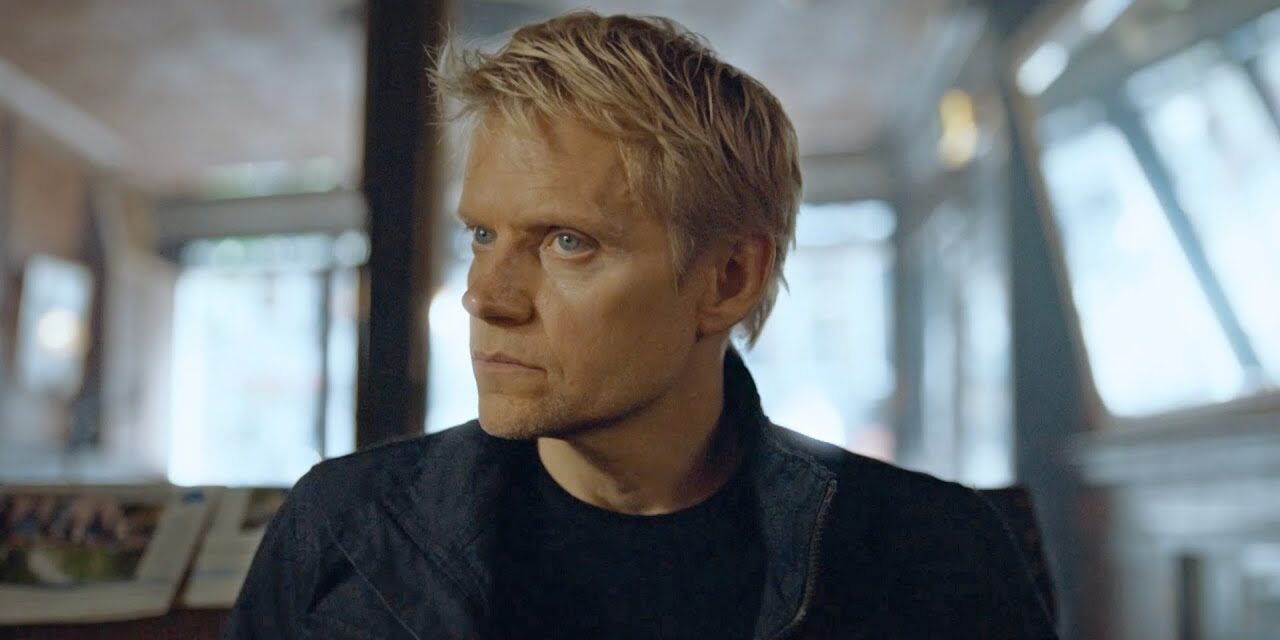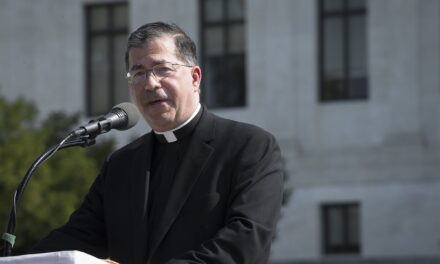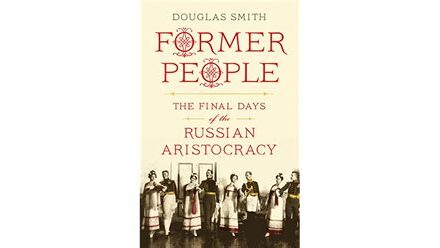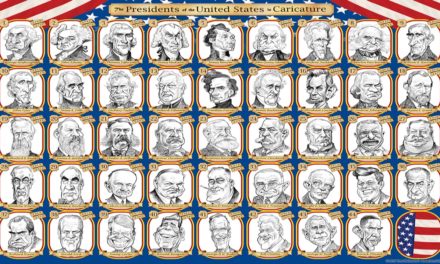Nicholas Freeling (1927-2003) may not be a household name, but in his heyday, he was a successful mystery novelist—most notably featuring Amsterdam detective (or, as the Dutch prefer, commissaris) Piet Van der Valk. No less than eleven books charted Van der Valk’s career, a series that ended only when Freeling, like Conan Doyle before him, wearied of his creation whom he promptly killed in 1972 to the outrage of fans.
Unlike Doyle, however, nothing could persuade him to resurrect his detective although he did compose two follow-ups featuring the late commissaris’s wife Arlette.
With that sad fact before us, let us observe that Peter Van der Valk has enjoyed a life beyond the fictional grave. In fact, the very year he “died,” the U.K.’s Thames Television produced the series “Van der Valk,” starring the very fine Barry Foster (from Hitchcock’s Frenzy and The Battle of Britain) in the lead role. It ran for five seasons, though hardly consecutive (1972-73, 1977, 1991, and 1992), was quite popular, and, from the one installment, I’ve seen, spun a good, intriguing yarn.
Was Barry Foster’s depiction of the detective Van der Valk true to Freeling? Search me. But on the basis of the one episode I’ve seen, the production qualities and acting are good. Filmed largely in Amsterdam, “Van der Valk” is a pleasing combination of domesticity and professionalism: middle-class husband, father, and (by 1991) grandfather, and a thorough (if somewhat unorthodox) detective. Half the time he wears a suit and tie. He can be gregarious enough with fellow workers and proves charming at home. Again, I’ve seen only one episode, but on the basis of that, I’ll gladly see more.
Nearly thirty years later, the Dutch sleuth has been resurrected a second time. The setting remains, of course, Amsterdam, and the series (just concluded on PBS but available on Amazon Prime) is a three-episode set of mysteries. But that’s just about where the similarities end—except for the detective’s name.
How different is the new “Van der Valk”? The online PBS site describes the series’ hero as “unapologetic,” which accurate though perhaps somewhat euphemistic, and “an everyman of sorts.” Of this last statement about the actor Marc Warren’s rendering of the commissaris, I can observe only that a world of such everymen would turn me into a misanthrope. Don’t get me wrong: Warren may be playing the detective exactly according to the script. But if you want some sense of how the world has changed since 1992, you’ll get some idea by contrasting Foster’s and Warren’s interpretations.
Today’s Van der Valk is a smug, cynical wet blanket: not a kind, polite word for anyone, neither colleague nor suspect. I guess that’s “unapologetic.” Family man? Not a bit. He lives on a boat by himself (except for the occasional sleep-in girlfriend). His social and professional manners are one: robotic and cold. Apparently, a tragic event lies buried in his past to explain his iciness, but we’ll have to wait for a second season to find out just what it is.
Needless to say, since there is no family, there is no wife (“Arlette” in Freeling and the earlier series), so forget any spin-off series on the two novels that feature her. In her place is Van der Valk’s sidekick Inspector Lucienne Hassell (Maimie McCoy), a pro for sure but as contemporary as can be: Gothic black hair, black clothes, and a lesbian. Take my word: the political thought police won’t be harassing the show’s writers on that score… A couple of fellow cops who collect evidence and trail suspects in three crimes (from the PBS site: “gritty murders”), a scruffy, aging coroner, and a rather querulous superior (Emma Fielding) fill out the team.
The series from the seventies and nineties did not lack for realism. The on-site locations with believable crimes and people guaranteed that. The big difference between it and the current version has a lot to do with the passage of thirty years. In sum, the West has simply degenerated: the crimes grizzlier, the mood darker, and the people markedly less civil.
And will anyone be surprised to know that trendy politics works its way into the plot? In episode one, election time is nearing with a “far-rightist” opposing a leftist (by no means a “far” leftist). As Van der Valk and Hassell discuss the party of the right, she notes its platform is anti-immigration, anti-gay; “some might say racist,” she concludes. How’s that for contemporary? Even though the rest of the show didn’t play much on political themes, which was a relief, the point had been made.
Is the new “Van der Valk” worth watching? Yes. As any mystery lover will admit, you take the sweet with the bitter. But if I had my druthers, I’d go with the older series, available on DVD but—oh my!—at a price. Still, since I can choose my own form of entertainment, the added civility (call it a veneer if you like) still palpable in 1992 may well be worth a few extra dollars. And how strange it is that those late-twentieth-century days now seem a golden age.














